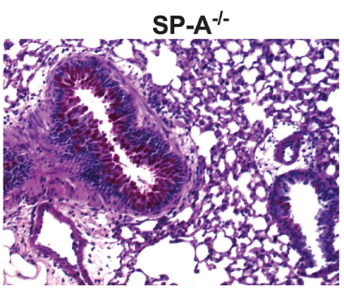RaeSedo Showcases Breakthrough Asthma Therapy at ATS Respiratory Innovation Summit
RaeSedo, Inc. has been selected to present its groundbreaking approach to asthma treatment at the prestigious 2024 ATS Respiratory Innovation Summit. This recognition underscores RaeSedo’s commitment to revolutionizing asthma care through innovative science and cutting-edge therapeutics. As one of 25 companies chosen for this highly competitive event, RaeSedo is proud to showcase its novel therapeutic …
RaeSedo Showcases Breakthrough Asthma Therapy at ATS Respiratory Innovation Summit Read More »




